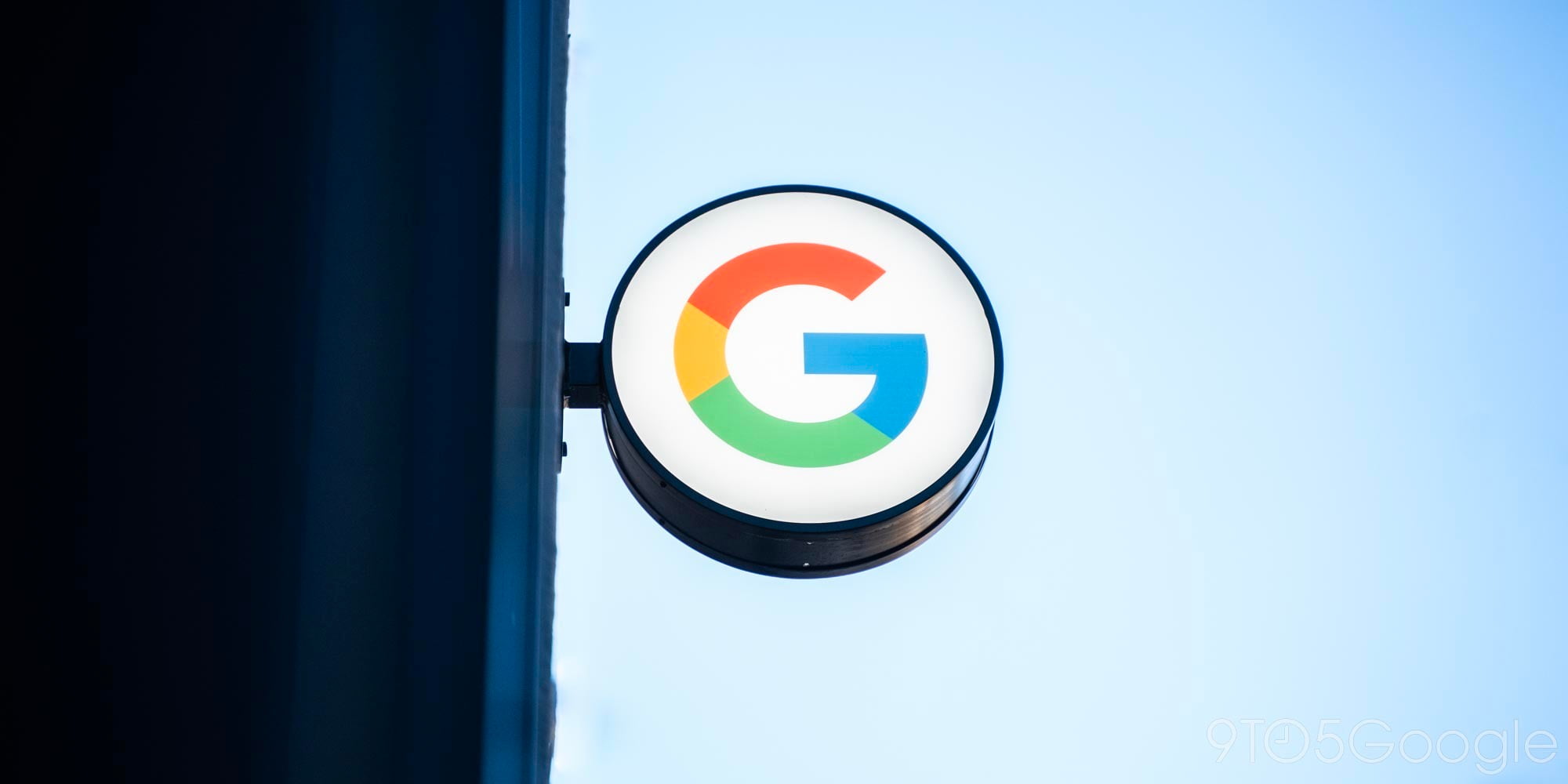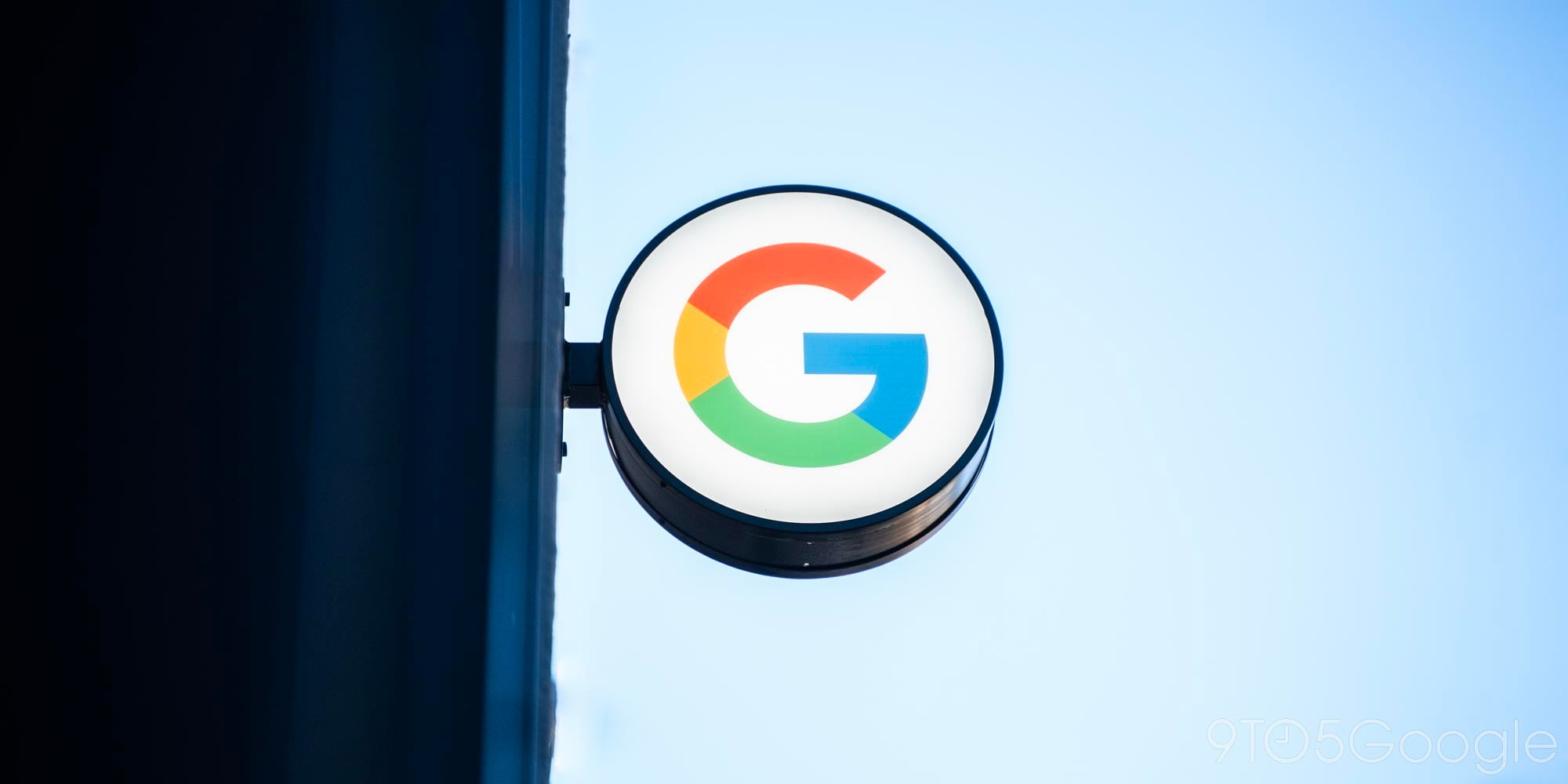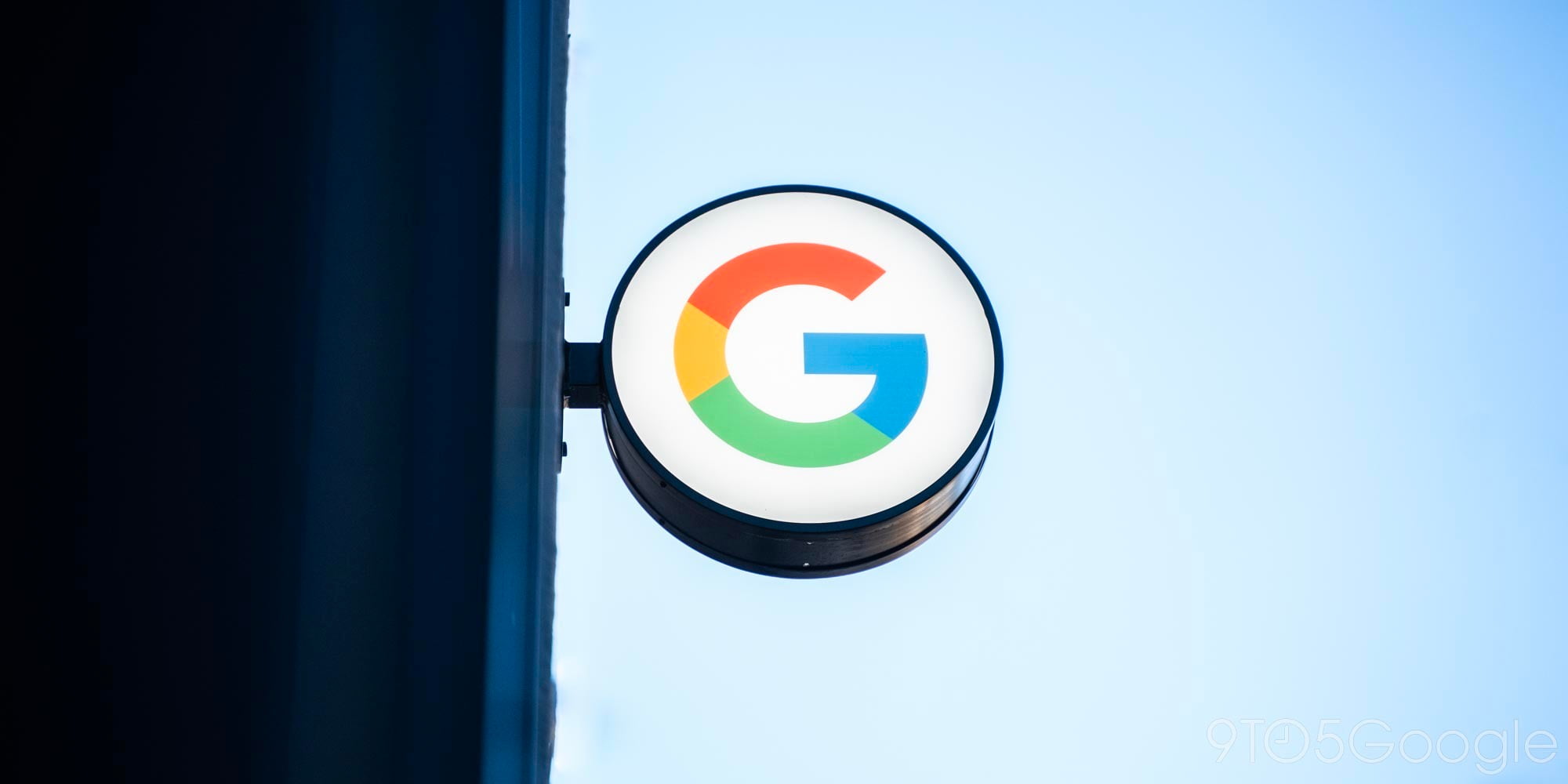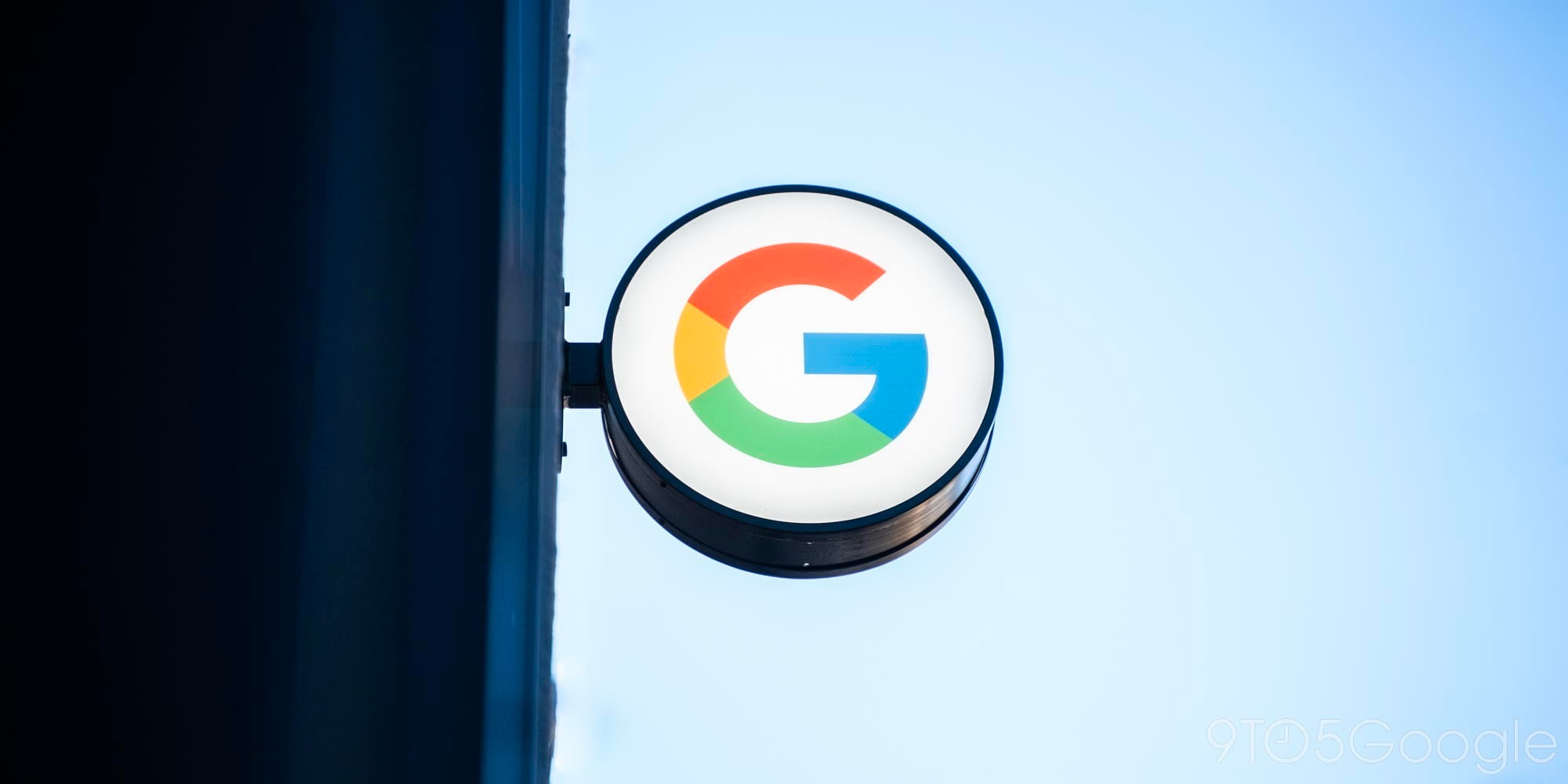Google News


Keeping up with the news is a big part of our day, and since its inception nearly two decades ago, Google News has been a place for anyone to find what they’re looking for. Now, Google is giving it a makeover.

Google News may not seem like a flagship product in the company’s lineup, but a new report today suggests a redesign is coming at I/O 2018. The revamp is rumored to integrate YouTube, while coming at the expense of Play Newsstand in a sign that the Google Play family of apps is being further culled.

According to several reports this afternoon, Google News is partially down for some users. The errors somewhat vary with some users not being able to access the main feed, while others note that U.S. section is offline.

Search is at the core of Google’s business, and Google News plays a huge role in search for its users, as well as publishers. As Google News has continually evolved, Google has adjusted how it works, and now, it’s removed the meta news keyword that publishers have been using for quite some time.

Besides the Material redesign last year, Google News also added a new “Community Updates” section to highlight local info and publications. Google is now expanding its focus on local news with a new service called Bulletin.

“Fake news” is probably one of the most recognizable terms to come out of 2017, and Google has certainly had to work to prevent illegitimate sources from showing in search results. Especially in the case of tragedies, Google’s news results this year have pulled up alarming results, and the company is continually taking steps to fix these issues.

Google plays a big role in bringing traffic to online publishers, but for sites with paywalls, the company made a controversial move a few years back. Now, the company is backtracking on that (as reported last month) to appease those outlets.

This June, Google News on the web received a big Material redesign that simplified navigation and offered more perspectives, especially from local sources. The site is now adding a new feature that builds on the latter improvement: Community Updates.

Many consumers expect web content to be free and will suffer through most ads rather than subscribe to various publications. This, of course, comes as a great detriment to publishers and their business. With several new efforts, Google is now trying to help publications boost their subscriptions and monetization.

Google News has received a massive redesign on the web that focuses on readability and simplified navigation. Feature-wise, it has more personalization, while better highlighting different perspectives and fact-checking.


Google has today announced a major expansion of the Fact Check tool it first introduced back in October of last year to help counter fake news. The tool was initially limited to Google News, and restricted to just two countries, the UK and USA.
Google says that it is now making the tool available in Search as well as News, and rolling it out globally in all languages.
With thousands of new articles published online every minute of every day, the amount of content confronting people online can be overwhelming. And unfortunately, not all of it is factual or true, making it hard for people to distinguish fact from fiction. That’s why last October, along with our partners at Jigsaw, we announced that in a few countries we would start enabling publishers to show a “Fact Check” tag in Google News for news stories. This label identifies articles that include information fact checked by news publishers and fact-checking organizations.
After assessing feedback from both users and publishers, we’re making the Fact Check label in Google News available everywhere, and expanding it into Search globally in all languages
You won’t, however, be offered a Fact Check for every single search you conduct …


Earlier this year, Google News began highlighting local coverage of major news stories with a “Local Source” tag. Google is now adding a “Fact check” label to verified articles in the US and UK on the web and mobile apps.


Following the introduction of AMP articles to Android, iOS, and the mobile web, Google News will now highlight local coverage of national stories by using a new “Local Source” tag. The feature is live on all platforms, including the full web, starting today.


Accelerated Mobile Pages load much faster than regular mobile pages and earlier this year launched in mobile search results. Now, Google News on Android, iOS, and the mobile web will soon include AMP articles for a faster reading experience.


TNW reports that the European Commission is pressing ahead with proposals to make Google News pay a fee for linking to news stories on the web. The EC says that as search results include a short excerpt from the piece, and that text is protected by copyright, Google must pay.
Three European countries have tried this, and it failed in all three. In Spain, Google simply decided to close Google News in that country, and news websites lost 10-15% of their traffic overnight. Spanish publishers – who had originally demanded the law – quickly realized their mistake and tried to pass a new law that would somehow force Google to return …

When looking at the landscape of Android flagship smartphones, I rarely find it easy to pinpoint a single manufacturer that, in one way or another, has consistently been able to meaningfully innovate one year after the other. More often than not, the OEMs have a go at things that are then removed the following year, or that in some way fail to broadly introduce a proper trend, like for instance the first attempts at fingerprint sensors or stereoscopic cameras…


It’s not every day that a digital startup gets offered between €50k and €1M ($56k to $1.2M) in funding without having to hand over a single share in return, but that’s exactly what Google has today announced in Europe.
The company is offering grants – not loans or investments – to companies looking to innovate in the field of digital journalism.
The DNI Innovation Fund aims to tackle that problem by providing non-refundable support for projects that demonstrate new thinking in the practice of digital journalism, that promote the development of new business models or maybe even change the way users consume digital news.
The fund, which opens for applications today, is part of a Digital News Initiative first announced back in April. It was promoted by Google finding itself in conflict with a number of news organizations concerned that it was effectively stealing their content. The company has since been working hard to attempt to make friends with publishers.
Photo: AP Photo/Marcio


Google hasn’t always enjoyed the best of relationships with news websites, publishers arguing that search results often show a large enough excerpt from the story that people don’t need to click through to the site, especially within the Google News tab. This has been especially true in Europe, where non-English publications are fighting for a much smaller potential readership.
The conflict came to a head in Spain last year, where the government passed a new law which would have required it to pay Spanish news sites for the excerpts shown in its search results, and Google responded by closing Google News in Spain. Although an unofficial compromise was found, grumblings by news sites have continued.
Google now believes its Digital News Initiative offers a three-pronged approach to tackling the “truly radical and challenging changes” being experienced in the media business within Europe …
Expand
Expanding
Close


Although Google News officially closed in Spain on 16th December following a new law which would have required it to pay Spanish news sites for the small excerpts shown in its search results, Search Engine Land notes that the service effectively lives on in a couple of ways.
First, Google is inserting news content into a “En las noticias” box within regular search results of Google Spain, similar to how it does this with “In the news” box for its English language sites […]
[Second,] after someone does a search, they can narrow listings down just to news content using the “Noticias” link (which is the same as the News link on English-language sites). This provides them with Google News Spain content, just without the ability to browse stories by topic.
While Spanish newspapers originally lobbied for the law, it didn’t take them long to realize the folly of doing so. While Google isn’t likely to change its mind, and reversing a law almost as soon as it has passed would be politically difficult, it may be that this compromise will provide a way forward – no-one losing face, but things continuing more-or-less as they were.
Provided Spanish newspapers have the sense to keep their heads down, and not object to the unofficial continuation of the service, it may be that almost everyone will be at least fairly happy.


Spanish newspaper websites have seen their web traffic drop by an average of 10-15% after a law they lobbied for drove Google News out of the country. The figures were shared with GigaOM by web analytics company Chartbeat, which tracks around 50 Spanish news sites.
The law required Google to pay a fee for every story excerpt it displayed in search results, leading to the company – which generates no income from the ad-free Google News service – to close the service in Spain. Publishers clearly realized the implications right away, making a forlorn plea for the Spanish government to somehow ‘force’ Google to re-open the service …
Expand
Expanding
Close


Google’s Madrid offices
Most newspapers were slow to get the hang of the Internet, and Spanish ones more than most, it appears. After successfully lobbying for a law which would force Google to pay them every time it quoted even the smallest excerpt of a story in its Google News search results, Google responded by closing the service in Spain.
Belatedly realising they will now be missing out on all the traffic Google used to drive to their websites, the Spanish newspaper publishers’ association AEDE is asking the government to force Google to re-open the service, reports The Spain Report …
Expand
Expanding
Close


Google announced on Wednesday (via Search Marketing Land) that it will soon shut down Google News in Spain because of a recently passed copyright law in the country that will prove too costly for the service to continue running. The law, which goes into effect January 1, 2015, would require Google to pay licensing revenues to Spanish publishers if their content, including headlines, is included in Google News.
Expand
Expanding
Close


Google News founder Krishna Bharat announced in a post on Google+ that the company is rolling out a new “Suggested for you” feature to News search results. Bharat says the goal of the section is to show news specific to you and topics that interest you, as well as local stories (via Search Engine Land).

Today, in a blog post, Google announced the release of Google News Publisher Center, a new tool that helps news producers keep the search company up to date with any changes made to the structure of their website. This portal lets verified companies manage and edit the way their web content is displayed in Google News without having to jump through hoops.